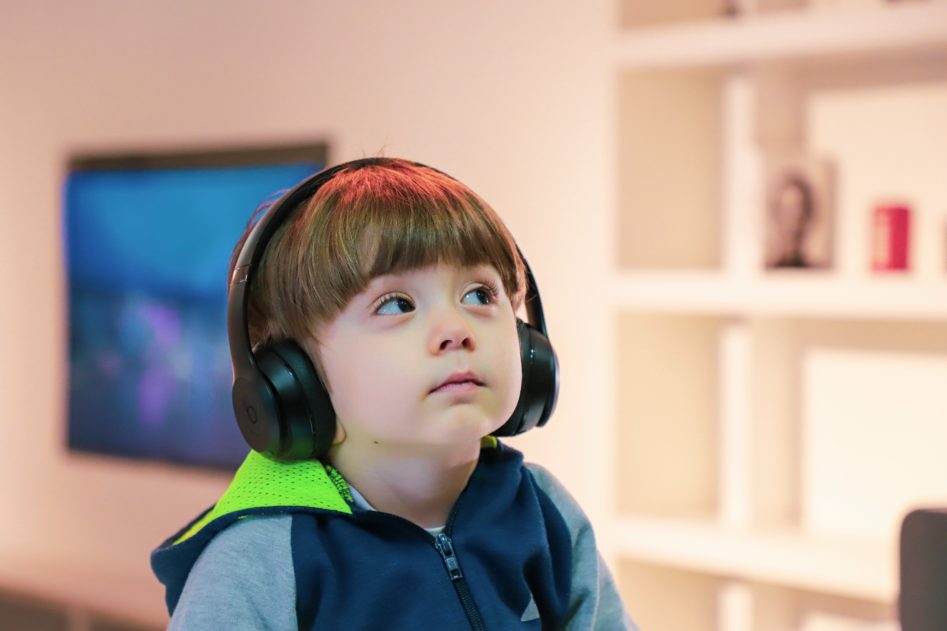Tis the Season-
Holidays can be a stressful time in general, but particularly for children with a disability such as autism, Asperger’s or a sensory processing disorder. All of the hyped-up energy, excitement and new adventures is multiplied by ten for them, and can be really difficult to handle.
I have seen how the holidays can overwhelm my typically developing kids who don’t have any sensory challenges or autism, but for a child with disabilities, the sights, sounds, smells, and large crowds can send them into a stage four meltdown before you can say “Merry Christmas”. But we want to make sure that our children are enjoying their holidays, despite their challenges.
It would be easy to hide away at home, avoid the holiday chaos, and come back to real life after New Year’s, but that really isn’t fair to you, your typically developing children, or your children with disabilities. We can still celebrate our holidays, we just do it in our own way!
So, here are Three Simple Tips for Actually Enjoying the Holidays with Special Needs Kids:
1. Prepare Everything Ahead of Time
If you have a child with sensory processing disorder or other disabilities, I’m sure that you know that routine is essential. During the holidays, a lot of routines are thrown out the window. You have dinner at 2 pm, you go out to look at Christmas lights when you normally read the bedtime story, you go to family’s houses when you normally wouldn’t before, and for kids in school, there is no school. That’s a lot of changes at once for a disabled child, so anything you can plan ahead will help.
For my daughter, I know what events and changes will stress her out the most. Before those activities, I pack plenty of distractors and “bribery tools” such as her favorite movies, her favorite baby doll, and plenty of special snacks. I also try to prepare an escape for her if we are going to be somewhere stressful for a long time. A quiet place where she can relax and have some space, a walk outside with a snack, or a movie in the car so she can re-center herself can make all of the difference.
If your child has issues with loud noises, bring some noise cancelling headphones. If you use PECS (Picture Exchange Communication System – an alternative communication system to help children with Autism convey their thoughts and needs) take a ton of pictures of family/friends/new places/Christmas activities and make a picture schedule so that your child knows what to expect. If your child needs time for transitions, make sure to build plenty of extra time into your schedule.
2. Be Frank with Your Family About Your Child’s Needs
In a perfect world, we would all have families and friends that completely understood and respected our child’s special needs. In reality, a lot of people have no idea what’s going on with them, and some believe that the disorder doesn’t exist and your child is simply “picky”, behaving badly, or being disrespectful.
You can and should tell your family and friends when your child can’t handle something. You can decline invitations if you know that it will throw your whole week off course and leave everyone grumpy and frustrated. Explain to them that it is perfectly fine if your child does not want to sit with Santa, or they refuse to give hugs and kisses to people they don’t see often. If I had a dollar for every time I said “she is not being naughty, she has autism” I would be one rich lady. Setting these expectations with your family before an event will help your holidays run much more smoothly.
3. Know Your Child’s Triggers
This is probably the biggest strategy I know for surviving holidays with a child with special needs. You know your child the best. You know if they are sensory seekers or sensory avoiders or both. You know that if you put a certain food on their plate they will have a panic attack. You know if they won’t sit with Santa, but would be perfectly happy to give him a high five. Make sure that you know your child’s triggers, and watch for them. Be proactive and try to give them a break before the meltdown begins.
With my daughter, a huge trigger for her is large crowds and lots of noise. We try to limit the amount of time spent in crowded, noisy places such as malls, stores and large parties. But if we do need to make these trips, we always go equipped with baby doll, snacks, and a well-rested little lady as we also know that when she is tired the meltdown is much more likely to happen.
Bottom line? Know your child and be proactive. Meltdowns will happen, events won’t go as planned, but be flexible, adapt to what your special needs child needs from you and the season can still be merry and bright for all.

